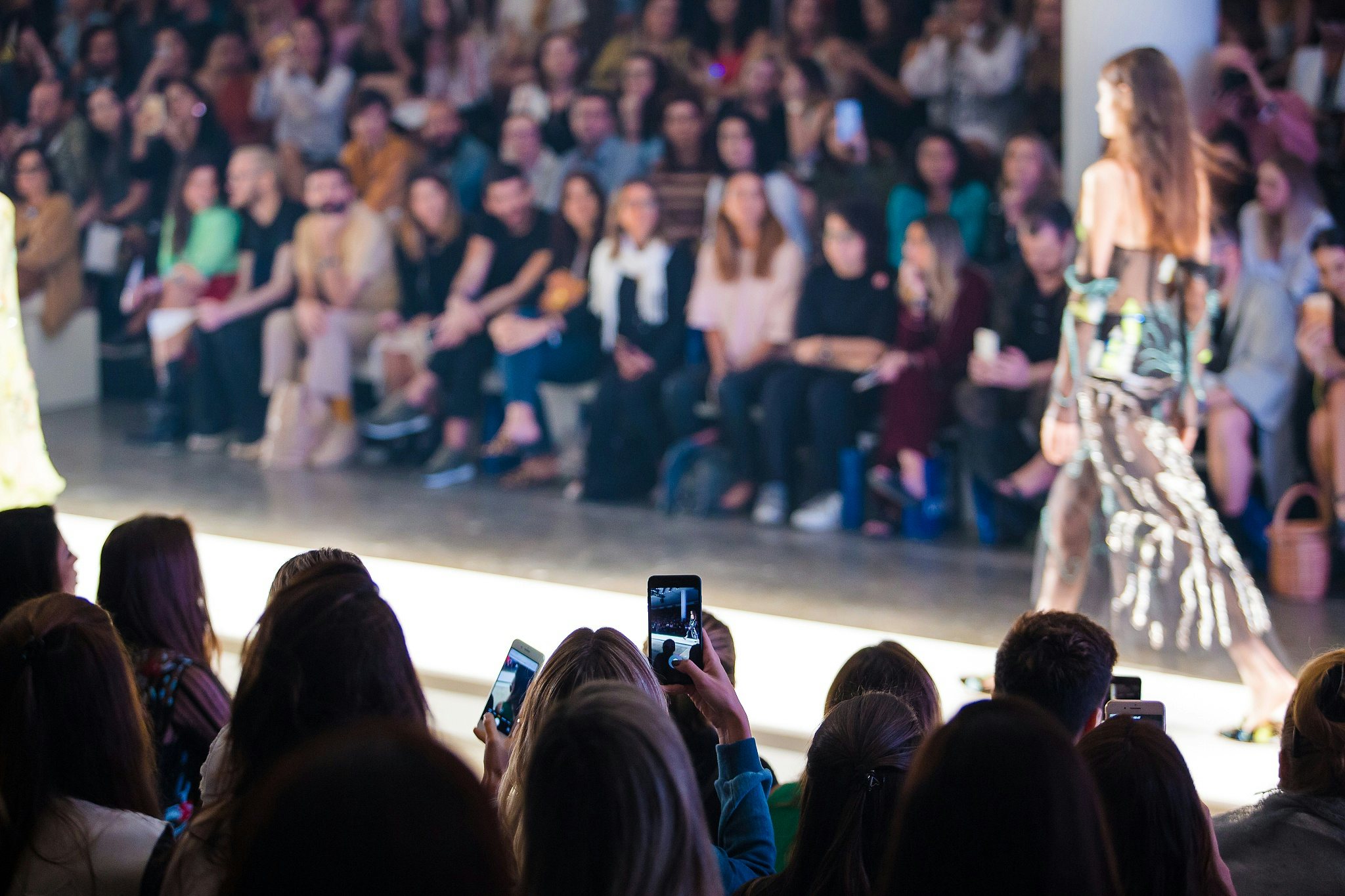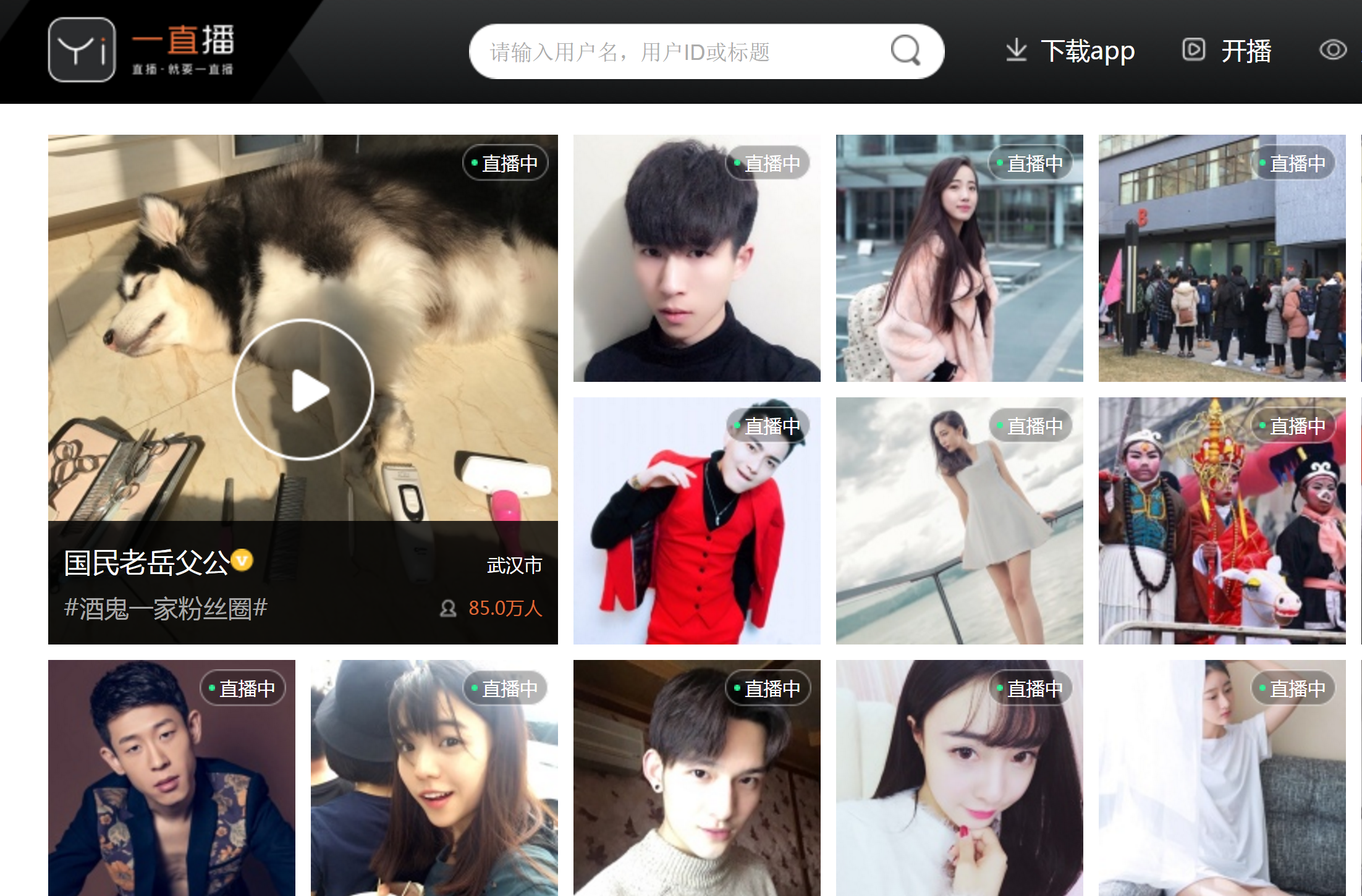During last month's Fashion Weeks in New York, Milan, London, and Paris, livestreaming was ubiquitous. It has become an effective channel for luxury fashion brands, press, influencers, and others to take runway shows and showroom hype to an eager global audience.
In China, leading luxury brands such as Louis Vuitton, Bottega Veneta, Gucci, Dior, and many more offered livestreams of their fashion shows to Chinese consumers across their main social media platforms. Some decided to work with domestic celebrities to promote their sessions, while others collaborated with mainstream fashion magazines, including Vogue, Elle, and Harper’s Bazaar, to tap into their existing customer base.
More than just a tool to drive audience engagement and sharing on social media platforms, livestreams are also driving sales.
“Many brands livestream their shows, and Burberry is an example of a brand that opened its show to a larger audience through the 'see now, buy now' model,” said Jenico Preston, Commercial Director at the British Fashion Council. Tom Ford, Tommy Hilfiger, and Michael Kors are other brands that have decided to monetize on people’s interest in livestreams in recent years.
China, one of the most enthusiastic livestreaming nations in the world, seems an ideal ground for luxury brands to do so. In less than five years, its livestreaming market has become a billion-dollar industry with a three-digit annual growth rate.
“The main purpose of such activation is branding and exposure,” said Alexis Bonhomme, founder of the digital marketing agency CuriosityChina. “Branding as they want to be the number one to talk about their show, not via traditional media such as Vogue or Elle, and exposure because they want to grow their own community on Weibo, WeChat, etcetera from the show.”
According to a joint report between consulting group RTG Group and Jing Daily, livestreaming came out of nowhere in 2016 to become a new mainstream communication channel for luxury brands to engage younger, more socially and digitally connected luxury consumers.
“In 2018, we will probably see a bigger livestreaming economy where brands will offer the possibility to buy exclusive products and collections to users,” Bonhomme added.
Despite the confidence expressed by the industry experts, brands need to consider the following three questions before trying to capitalize on the trend.
1. Which is the right platform?#
The livestreaming industry in China is filled with a wide range of different players, which poses a challenge for foreign brands. There are platforms dedicated exclusively to livestreaming such as Yizhibo (一直播), Huajiao (花椒) and Yingke (映客). Short video platforms like Meipai (美拍) and Miaopai (秒拍) have also started to offer the function. IQiyi, Youku, Tencent, and Sina are more traditional video platforms that are likewise competing for a share of the livestreaming market. Moreover, e-commerce websites like Tmall and Taobao have also stepped into the game as the line between e-tail and entertainment continues to blur.
2. Who's watching?#
It is also important for luxury brands to understand who their livestream viewers are. To drive high social media engagement, a great number of brands choose to work with popular celebrities and influencers for livestream sessions. However, many of a celebrity's followers may not have the purchasing power to afford a designer handbag or a runway dress. Working with traditional fashion magazines may be better, as their customer base is more in line with luxury consumers.
3. Is the brand still exclusive?#
Another crucial concern is whether livestreaming undermines a given brand's traditional image as exclusive and prestigious. Opening up to the public is anathema to what many luxury businesses built their reputations upon. While livestreaming may help a brand connect with more customers, will it offend established clients who prefer to believe they are part of a more privileged group? But, then again, which luxury brands can afford not to?


